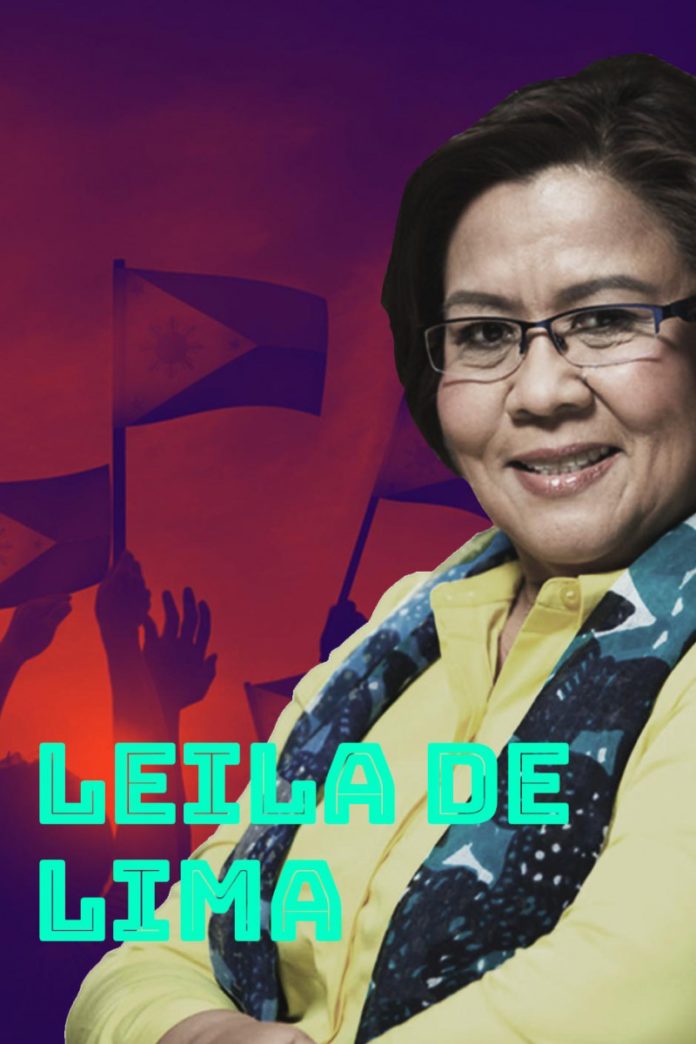IT’S International Women’s Day today. We have many reasons to celebrate the social, economic, cultural and political achievement of women.
But the fight isn’t over. While this year’s theme #PressForProgress recognises the milestones achieved last year – the #MeToo movement, #TimesUp and more – global gender equality is still over 200 years away.
The World Economic Forum estimates the global gender gap can be closed in 62 years in South Asia and 161 years in East Asia and the Pacific at the current rate of progress.
There needs to be more girls surviving birth and living just as long as men. More girls entering and finishing schools. More women participating in the economy. More women empowered to take political power. It’s a task that will take every day in the next 200 years, not just on every March 8th.
Nowhere is this most resonant than in Southeast Asia, where despite economic progress, there are on average only 30 women per every 100 men in leadership positions.
Which is what makes the women on our list stand out – it’s a challenging world out there for Asean women in politics, who face hard choices about marriage, motherhood, and employment to get to the top.
Yet, the trailblazers of the region give us hope that it can be done.
And today, we honour their stories and accomplishments:
The Philippines – Senator Leila De Lima
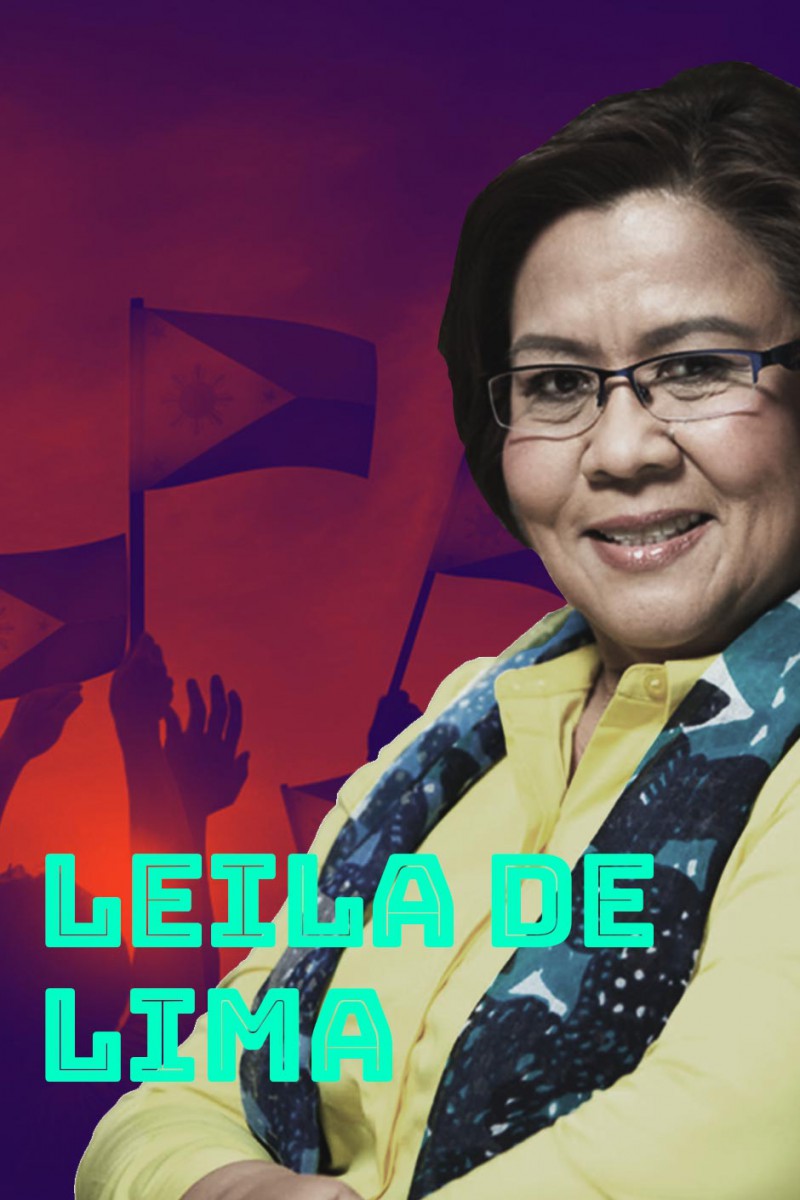 Leila De Lima, the “flag-bearer” for human rights in the Philippines and beyond, now sits behind bars over charges that she claims are politically motivated. A fierce critic of the Philippines’ President Rodrigo Duterte’s war on drugs, she has been praised for her continuous fight for the rule of law and dignity of individuals by Liberal International (LI), a global federation of liberal political parties.
Leila De Lima, the “flag-bearer” for human rights in the Philippines and beyond, now sits behind bars over charges that she claims are politically motivated. A fierce critic of the Philippines’ President Rodrigo Duterte’s war on drugs, she has been praised for her continuous fight for the rule of law and dignity of individuals by Liberal International (LI), a global federation of liberal political parties.
Last year, LI awarded her the prestigious Prize for Freedom award for her “outstanding efforts for the defense of freedom and human rights” and called for her release. She is the second Filipino to get the award, after former Filipino president Corazon Aquino in 1987.
The lawyer by training was also named as one of Foreign Policy’s 2016 Leading Global Thinkers and one of the notable Women Human Rights Defenders for 2017 by Amnesty International.
Burma – Aung San Suu Kyi
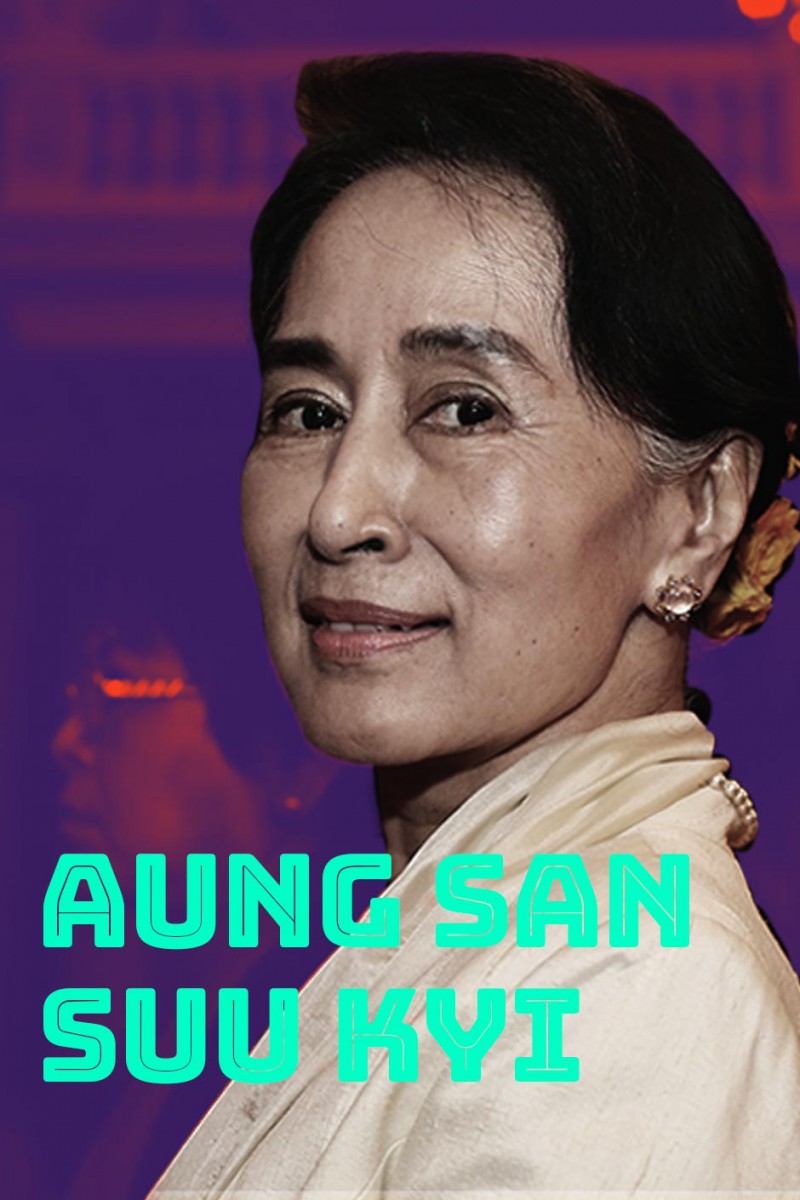 Today, Aung San Suu Kyi is a controversial figure mired in accusations of complicity with last year’s “ethnic cleansing” of Rohingyas by the Burmese militaty which saw around 600,000 fleeing to neighbouring Bangladesh. There are calls to strip her of her Nobel Peace Prize and she faces criticisms worldwide for standing by as Burma’s armed forces use brutal force on the Muslim minority. It’s a far cry from her image as a saintly human rights icon just less than a decade ago.
Today, Aung San Suu Kyi is a controversial figure mired in accusations of complicity with last year’s “ethnic cleansing” of Rohingyas by the Burmese militaty which saw around 600,000 fleeing to neighbouring Bangladesh. There are calls to strip her of her Nobel Peace Prize and she faces criticisms worldwide for standing by as Burma’s armed forces use brutal force on the Muslim minority. It’s a far cry from her image as a saintly human rights icon just less than a decade ago.
SEE ALSO: Aung San Suu Kyi’s Nobel Peace Prize: 3 things you should know
Ultimately, Suu Kyi remains a politician despite her spectacular fall from grace that the Western media built for her and then destroyed. And if we measure her by that barometer, as opposed to her saintliness, we can commend her success.
Burma, after all, continues to be run by men who dominate decisionmaking roles and positions of power. Only 14.5 percent of its Union Parliament and 3 percent of Burmese conglomerates’ CEOs are women, according to a report by International Media Support. Suu Kyi is the only female minister in cabinet.
And in a country where only women are represented only 14 percent in the media, Suu Kyi (though with massive help from her privileged background) cuts an exceptional female figure in Burmese politics.
Indonesia – Sri Mulyani Indrawati
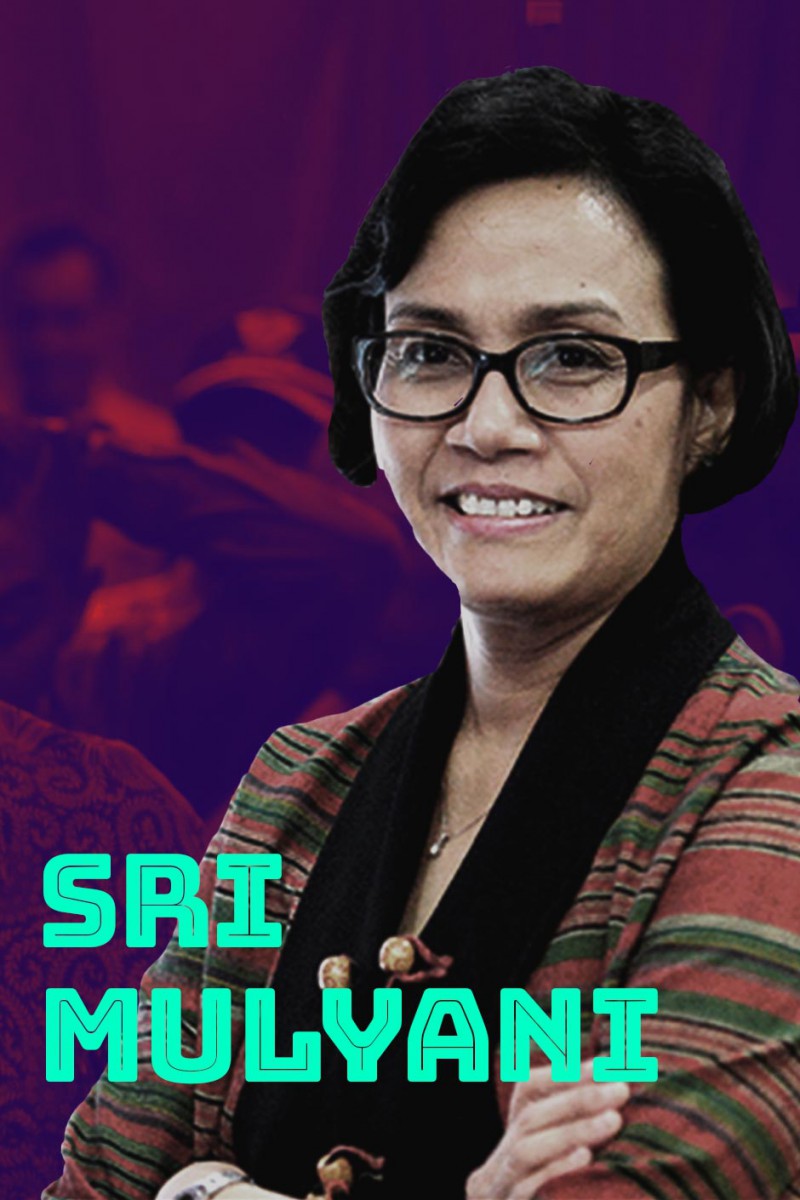 Recently crowned Best Minister in the World, Indonesia’s Finance Minister Sri Mulyani Indrawati holds an impressive resume. Before helming the Southeast Asian country’s budget under President Joko “Jokowi” Widodo, she was formerly the World Bank’s Managing Director (and its most senior woman ever) as well as the finance minister credited with steering Indonesia through 2007-10 financial crisis.
Recently crowned Best Minister in the World, Indonesia’s Finance Minister Sri Mulyani Indrawati holds an impressive resume. Before helming the Southeast Asian country’s budget under President Joko “Jokowi” Widodo, she was formerly the World Bank’s Managing Director (and its most senior woman ever) as well as the finance minister credited with steering Indonesia through 2007-10 financial crisis.
At the presentation of the award for Best Minister, the awarding committee said: “Under her mandate, Indonesia achieved tangible results in reducing poverty, improving the standard of living, reducing public debt and boosting the transparency of public transactions.”
The tough reformist holds a doctorate in economics from the University of Illinois at Urbana-Champaign, has lectured at the Georgia State University and served as an executive director on the board of the International Monetary Fund. Forbes ranks her 37th in its 2017 list of The World’s 100 Most Powerful Women.
SEE ALSO: Indonesian finance minister crowned Best Minister in the World
Cambodia – Mu Sochua
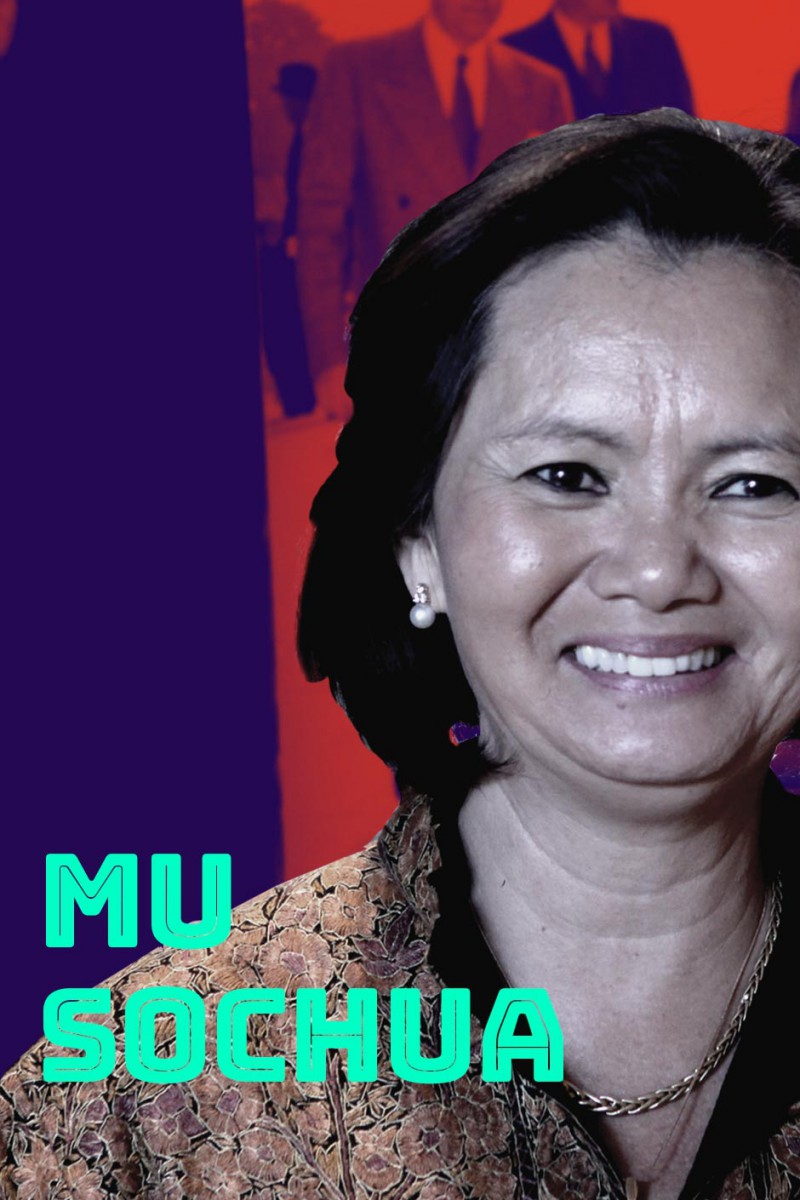 Cambodia’s leading voice for women’s issues has her work cut out for her.
Cambodia’s leading voice for women’s issues has her work cut out for her.
Since she broke off with the government in 2004, she has lost her public platform during her six years as minister of women’s affairs where she campaigned against child abuse, marital rape, violence against women, human trafficking and the exploitation of female workers.
SEE ALSO: Cambodia locks up opposition lawmakers after protest violence
She was also one of the key figures who drafted the country’s law against domestic violence and who helped put 27 women in its National Assembly of 123 seats.
And though she said her work has yet to translate into true progress for women’s agenda, her work has made certain inroads.
Speaking to The New York Times, she said: “People are aware about gender. It’s a new Cambodian word: ‘gen-de.’ People are aware that women have rights.”
Singapore – Grace Fu
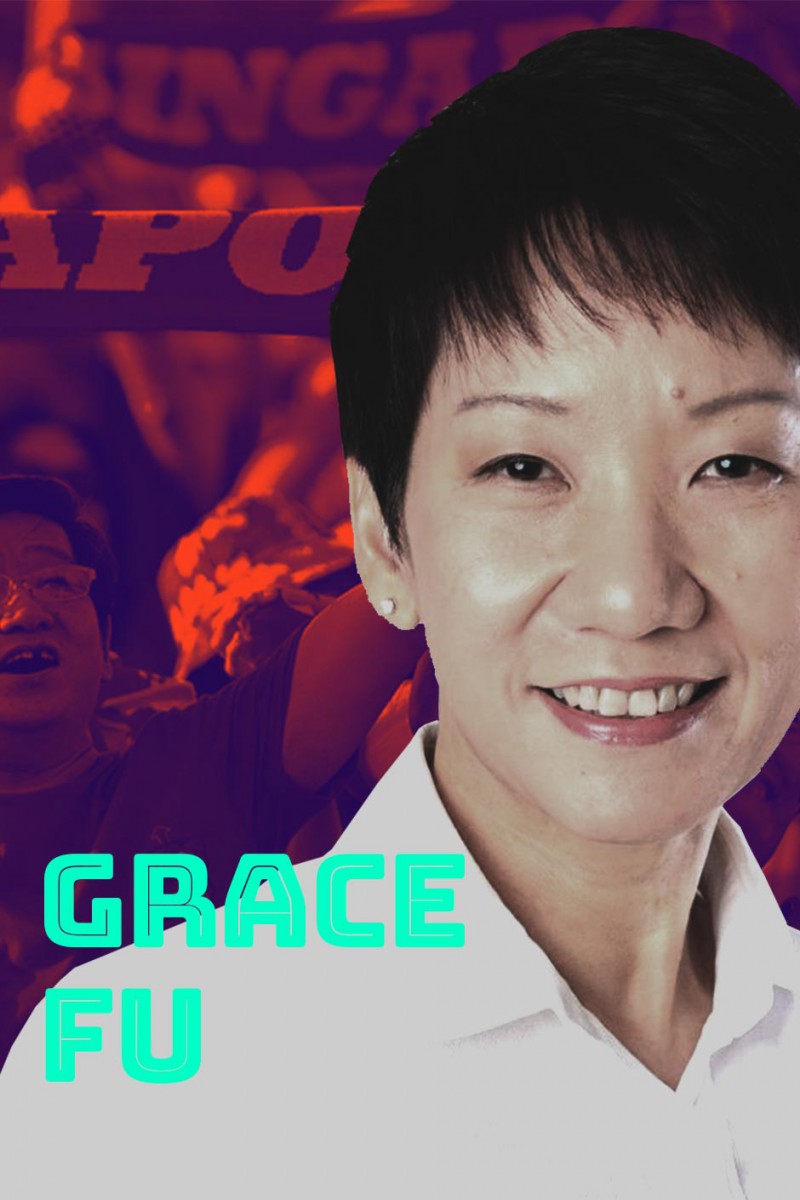 Fu is the second woman in the history of Singapore to hold the status of full Minister.
Fu is the second woman in the history of Singapore to hold the status of full Minister.
The accountant by training, who also has an MBA from Asia’s top university, the National University of Singapore, held several high-ranking positions in the country’s private sector before joining politics in 2006.
Since then, she has held state ministerial positions as well as the position of Minister in the Prime Minister’s Office.
She is currently the Minister for Culture, Community & Youth, the first female minister to hold such political post. The strong advocate for women in Singapore also chairs the Women’s Wing of the People’s Action Party, and the Young Women’s Leadership Connection Council of Advisors.
